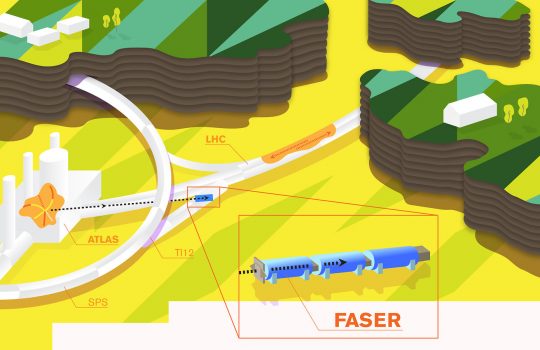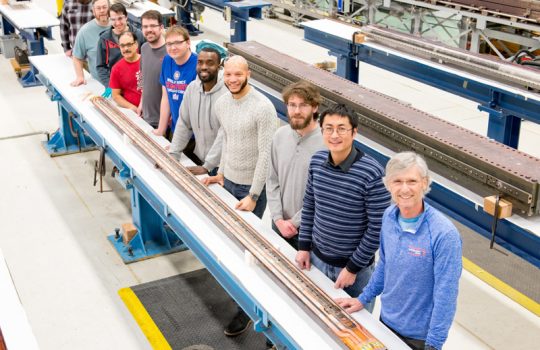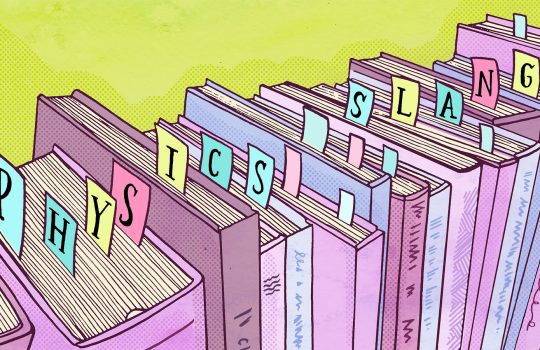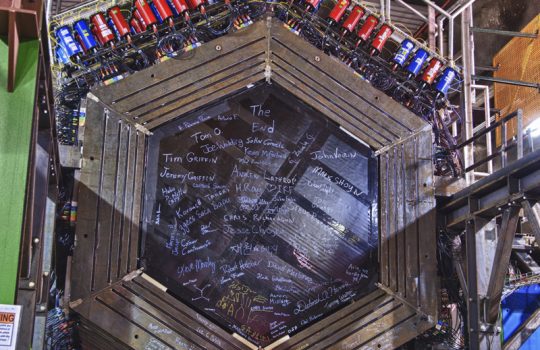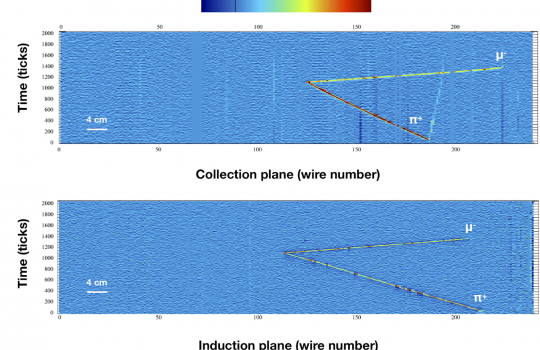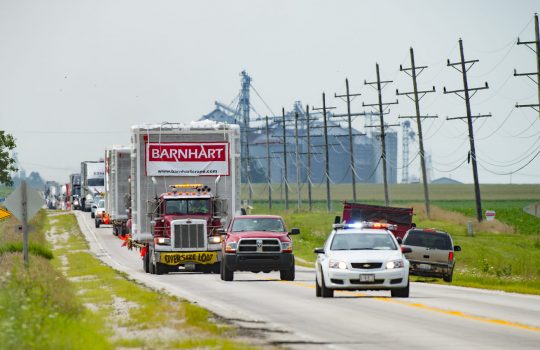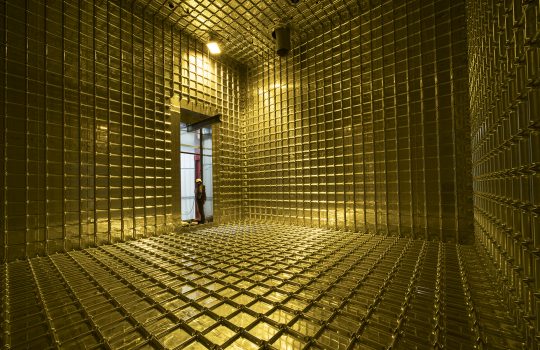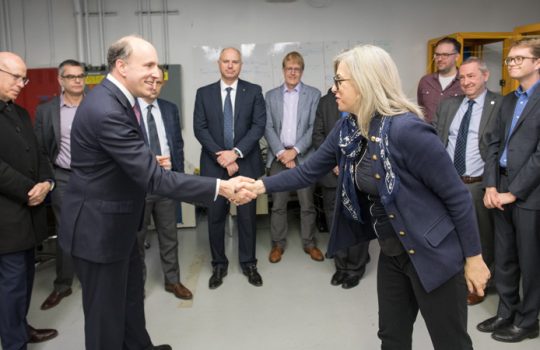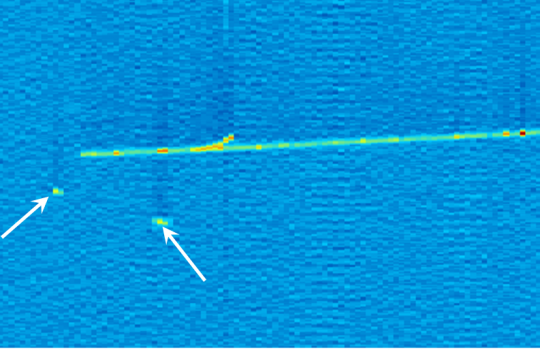A tiny new experiment at the LHC
One day in 2017, the idea to detect particles that had potentially been escaping the LHC for years unnoticed by the gigantic detectors suddenly became feasible. The story of the latest experiment approved for installation at the Large Hadron Collider starts with a theorist and a question about dark matter.

